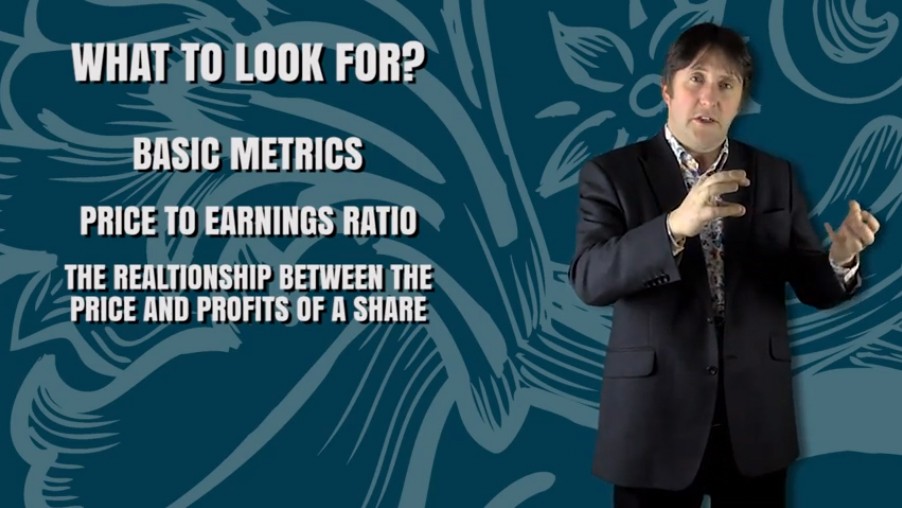Why value investing isn t working in South Africa – expert
Post on: 26 Июль, 2015 No Comment

Posted on November 7, 2014 in Wealth Building
2C150 /%Value investing was once seen as the path to superior investment performance, but many South African value managers havent done very well in recent years. Greg Hopkins, of PSG Asset Management, says there are several reasons for this, including man with a hammer syndrome the tendency to believe every investment idea looks like an opportunity. He notes, too, that it has become increasingly uncompetitive in the South African arena and that this is one of the reasons investment professionals should look elsewhere for assets. JC
Many articles have been written recently about the pitfalls of value investing. This is perhaps a result of the relative under performance of many traditional South African value managers over the past five years (see Graph 1).
2C416 /%
Some of these well-reasoned arguments for the relative underperformance by value managers are as follows:
* Most institutional asset managers in South Africa are value-biased, making this segment overcrowded and rendering outperformance difficult.
* Value investors ignore the fact that certain industries they invest in are in structural decline and therefore introduce the risk of investing in value traps.
* Value investors take large off-benchmark bets, which introduce significant business risk.
At the outset we need to point out that we at PSG Asset Management are value investors in the sense that we are consistently looking for undervalued opportunities. However, we believe that there are important factors that we incorporate into our process that will ensure that we avoid the pitfalls mentioned above.
1. Most institutional asset managers in South Africa are value-biased, making this segment overcrowded and rendering outperformance difficult
We would agree that the South African investing landscape is competitive we have a group of highly qualified peers with a universe of opportunities that is potentially limited by the existence of exchange controls. However, we believe that long-term outperformance for the value-biased manager is very possible.
Given the competitive nature of our industry and the efficiency with which it has reduced potential alpha-creating opportunities, we believe it is imperative to have the largest possible universe to invest in. Being able to invest in mid cap opportunities and offshore would therefore significantly reduce competition. In fact, we would argue that given the size of the largest managers in the industry, the competitive environment is now less competitive than it has been for years.
Analogous to this, we believe that it also important not to pigeonhole oneself into a specific style box, which further restricts ones universe, for example being a value or growth manager.Being only a deep value or quality or growth manager lends to what Charlie Munger calls the man with a hammer syndrome. For the man with a hammer, each problem or idea looks like a nail. Deep value managers who only buy cheap have arguably fallen into this trap over the past few years.
We like to look at quality and value factors in the same investment and try always to stay open minded while investing in all segments of the market.
2. Value investors ignore the fact that certain industries they invest in are in structural decline and therefore have a high risk of investing in value traps
A significant source of underperformance for managers comes from buying value traps. These are companies that are perceived to be cheap initially, but prove to be otherwise over the long term. Structural challenges in an industry can result in deteriorating returns on capital for industry players and the prevention of mean reversion, that is, a return to previous mean returns.
Warren Buffett has a great analogy when he refers to value traps as frogs that stay frogs and dont turn into princes when kissed.
We believe that it is important to have a quality overlay in ones investment process an important antidote to buying value traps. Buying businesses with a competitive advantage and that have management teams with a proven track record are two parts of the three-part checklist that we use for all our equity and credit investments.
In fact, not making large mistakes and avoiding value traps over time often contributes more to long-term sustainable outperformance than hitting a few big winners out of the park.
Examples of value traps over the past few years are South Africas deep level single commodity industries such as gold and platinum as well as African Bank. The former have inflexible cost bases and falling ore grades, while the latter has a potentially broken business model.

We have made numerous mistakes over the years. However, our long-term track record show that starting with quality in mind and buying quality when it is out of favour will ultimately get the odds of success in our favour.
3. Value investors take large off-benchmark bets, which introduces significant business risk
We would disagree. Being benchmark conscious that is, buying shares only because they are in the benchmark leads smart investors to buy overvalued shares for the fear of short-term underperformance. This situation is exacerbated by the current potential overvaluation of many of the largest companies in the benchmark (the JSE Indi 25 has only been this expensive in aggregate three times over the past 50 years).
Unconstrained investors like ourselves have a responsibility to ensure that the investors in our funds understand our philosophy, process and the longer-term time frame that we use when evaluating investment opportunities. We also have the responsibility to ensure that we continue to diversify our investor base.
We believe that to be unconstrained one needs to have the largest possible universe to invest in, a strong focus on quality to avoid value traps and a ruthless eye on margin of safety to avoid permanent loss of capital. If we can do this consistently and with an open mind, owning companies in our funds that others dont becomes a significant attribute.
Is value investing an out-of-favour segment of the market that provides opportunities?
Given the recent underperformance of the deeper value fund management composite discussed above, and the capitulation of investors from this space, we are naturally attracted to any potential opportunities that might arise in the universe of companies that these managers mine. Inflection points often occur at maximum points of pessimism after investors have extrapolated the recent past in perpetuity. Many of the recent arguments against value investing are arguably just a symptom of this extrapolation.
Indeed, the value style has outperformed in the US in three out of five years (60% of the time) since 1926 (see Graph 2).
2C468 /%
The style does however tend to underperform in periods of recession and below-trend growth, which has characterised the world since the great financial crisis. Any pick-up in global growth could see a resumption in a mean reversion of margins and earnings in companies that investors have long given up on.
* Greg Hopkins is a CA (SA) and a CFA Charterholder. He is PSG Asset Managements Chief Investment Officer.














